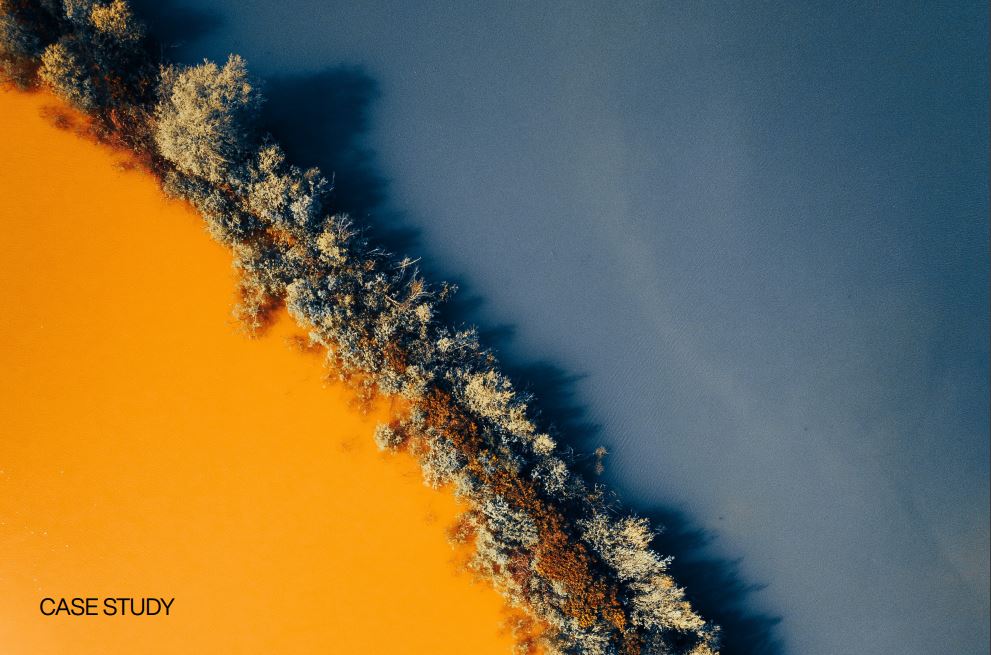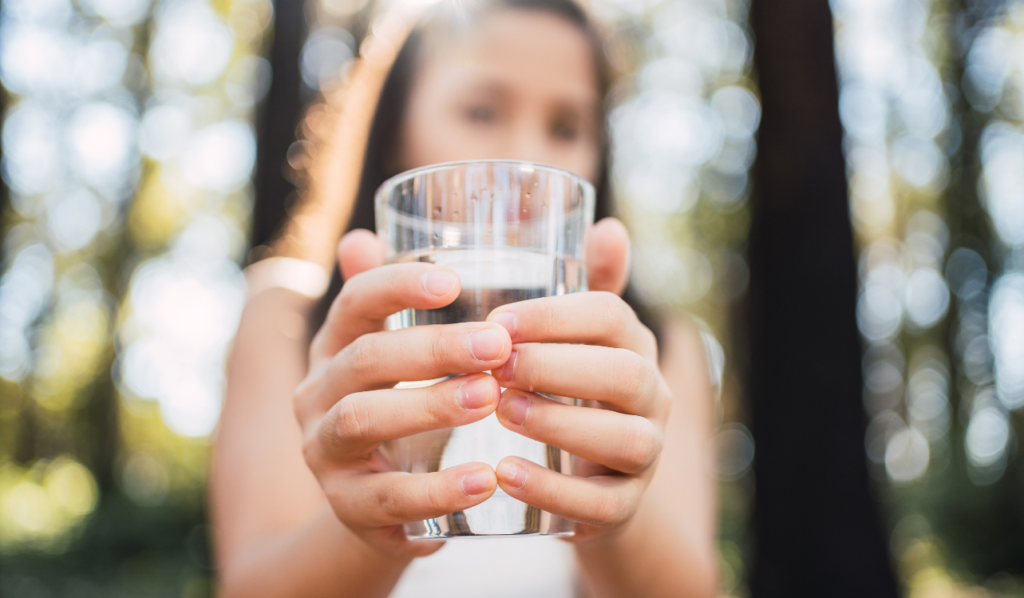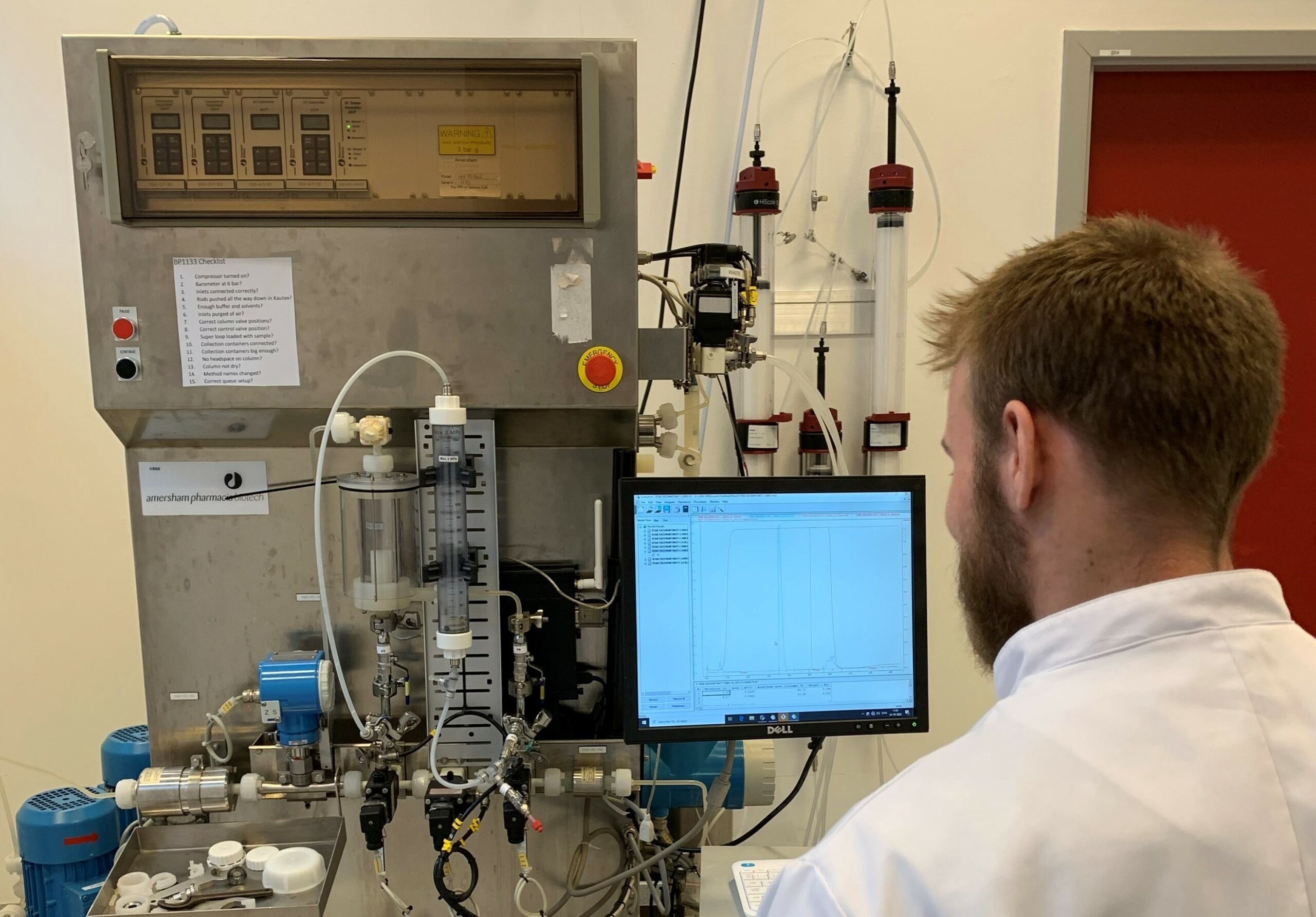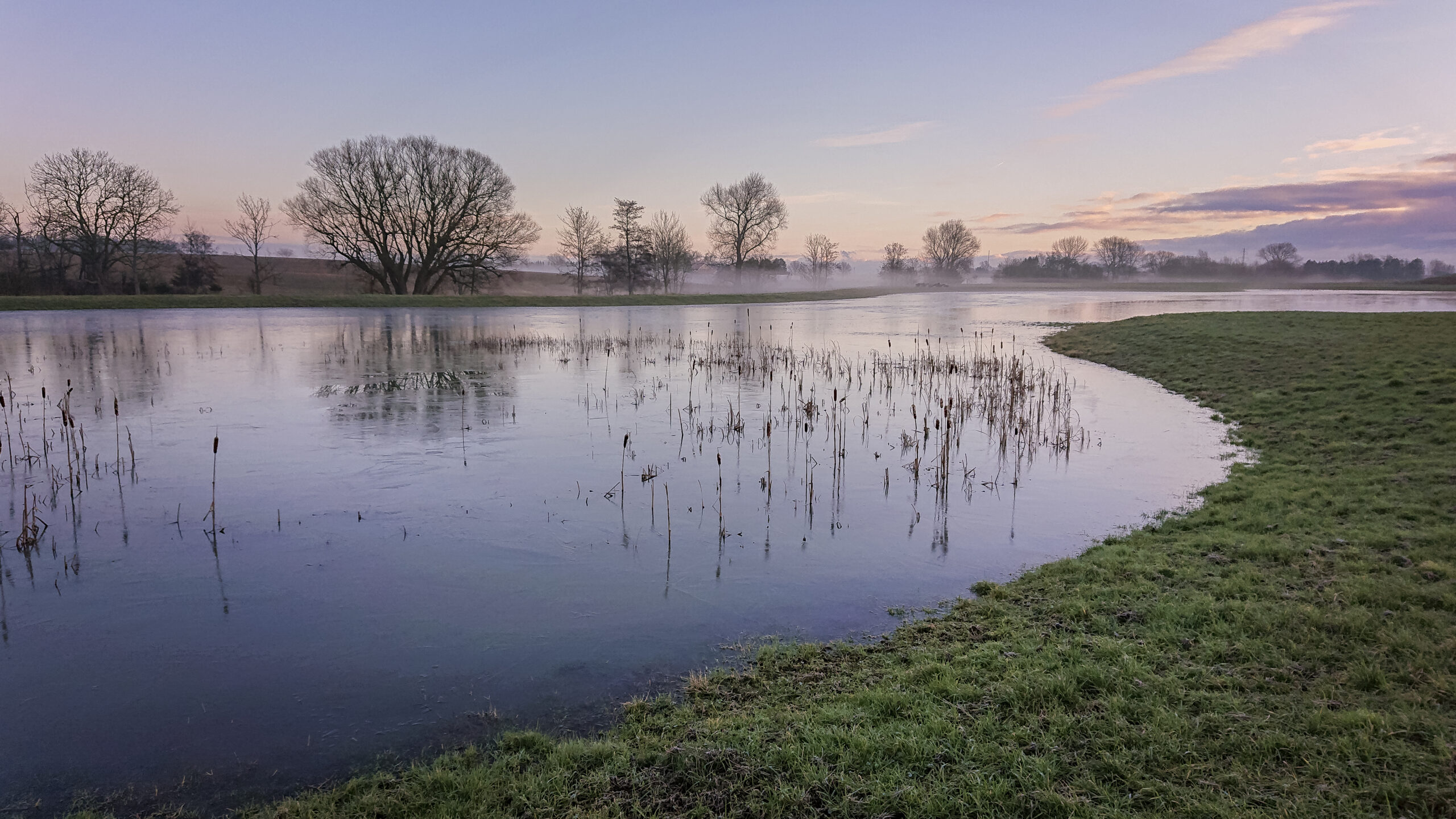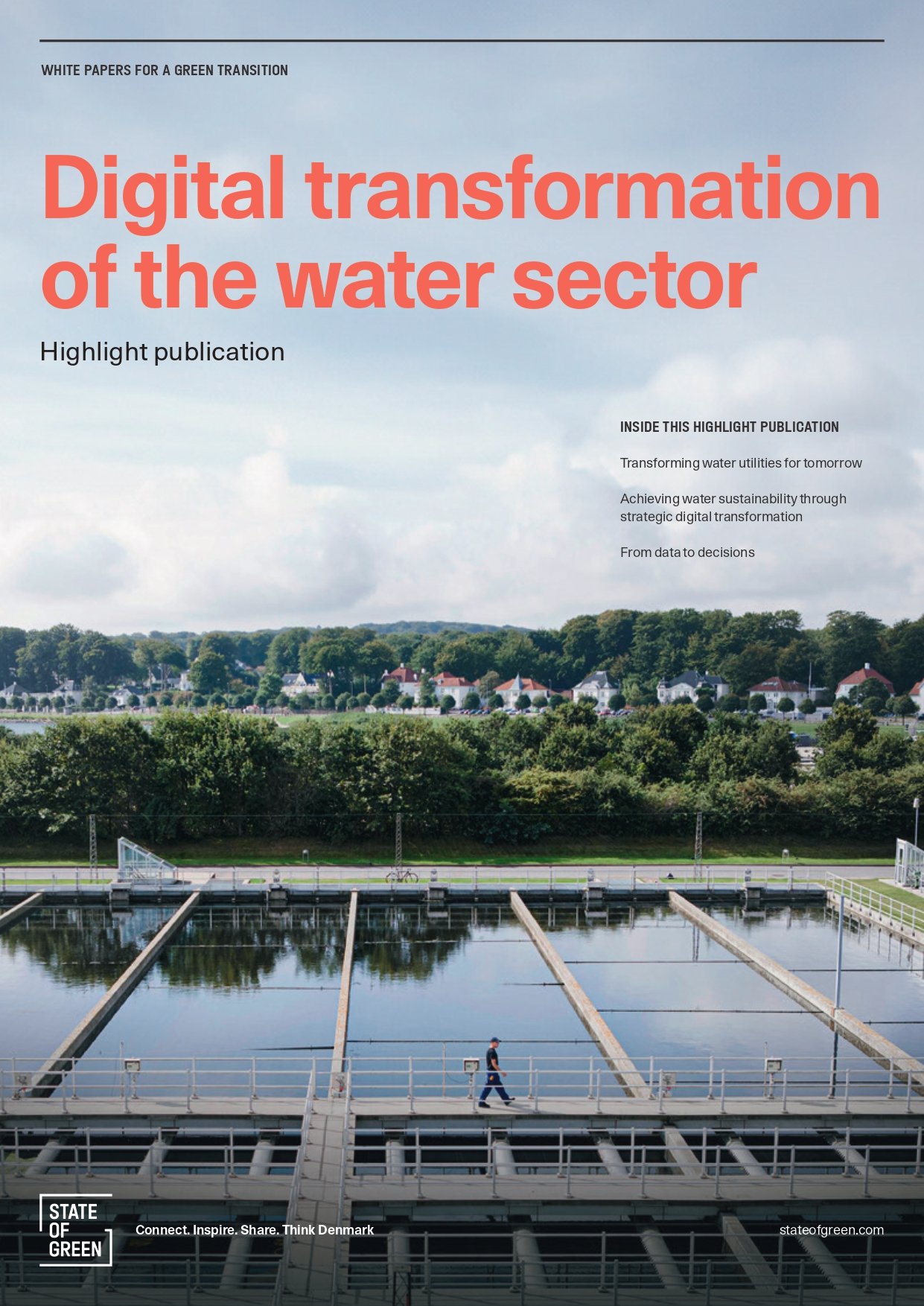News
Energy recovery from wastewater
Resource recovery from wastewater
Wastewater management
+3
Danish researchers find new solution to phosphorus scarcity
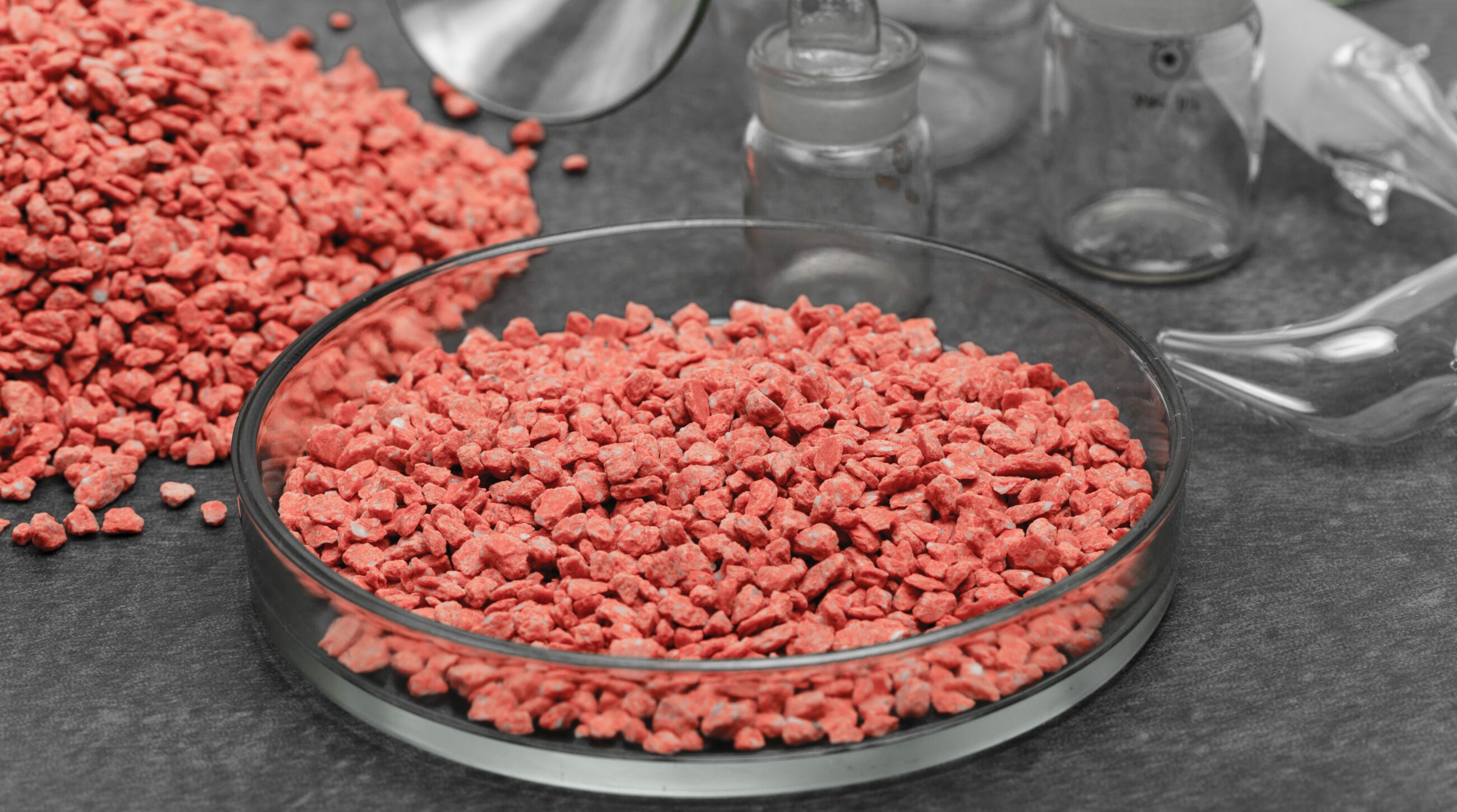

The mineral phosphorus is vital for all animals and plants. Our agriculture could never function without it. Unfortunately, the world's pure phosphorus-reservoirs will run out in the next 50 years.
Now, researchers at the University of Southern Denmark have developed a method to extract pure, high-quality phosphorus from ordinary wastewater, writes the Danish media enterprise DR (Danish Broadcasting Corporation).
The phosphorus is of such high quality that it meets the many standards required to be usable in feed for pigs and chickens. Today, Denmark imports around 12,000 tons of feed-certified phosphorus annually.
The best solution is a closed loop
The leading researcher on the project, Professor Haiyan Qu, is highly concerned with the necessity of finding a solution to the phosphorus problem.
"This is a limited natural resource. At the same time, we need to collect it and reuse it, otherwise it will harm our environment," she said.
"The best solution is a closed loop, where we remove it, use it and recycle it again".
-Related solution: Innovative methods for phosphorus recycling
The paradox about phosphorus is that is vital for plans and animals, but harmful to the water environment and nature. For this reason, many resources are used on removing phosphorus for our wastewater today.
An alternative to using wastewater sludge as fertiliser
The concept of reusing phosphorus is not a new one. Farmers are already using sludge from wastewater plants as fertiliser - however, there is often either too much or too little phosphorus in the sludge. If there is too much phosphorus, the earth will not absorb it. If there is too little phosphorus, the mineral will end up in our water environments, where it can cause oxygen shrinkage and algae growth. At the same time, it is not easy to store or trade sludge.
Meanwhile, Haiyan Qu and her colleagues' phosphorus is completely pure.
"We extract the phosphorus chemically, which makes all the difference. It can be stored and used in different contexts," Qu said.
-Related solution: From wastewater to valuable fertiliser
Unfortunately, this method is more costly than using the wastewater sludge as fertiliser. Furthermore, EU-rules prevent using the pure phosphorus in other ways.
Awaiting new EU-rules
Despite the high quality, this new phosphorus cannot be used for, for example, animal feed. The EU does not allow reused phosphorus in food production and that is a problem when trying to make the technology into a good business case.
However, Haiyan Qu hopes that this will change.
"The technology is ready for up-scaling, but the current regulation prevents it. The EU is currently discussing the rules," she explains.
"If we only use the phosphorus for fertiliser, we do not use its full potential".
Source: DR
Photo: Colourbox

